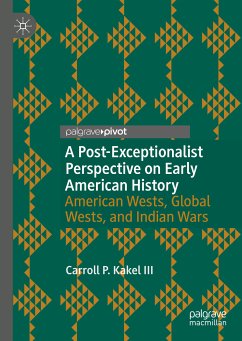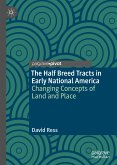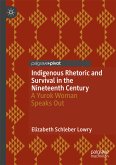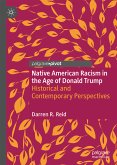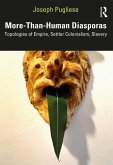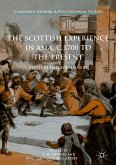Challenging the still widely held notion that American history is somehow exceptional or unique, this book argues that early America is best understood as a settler-colonial supplanting society. As Kakel shows, this society undertook the violent theft of Indigenous land and resources on a massive scale, and was driven by a logic of elimination and a genocidal imperative to rid the new white settler living space of its existing Indigenous inhabitants.
Dieser Download kann aus rechtlichen Gründen nur mit Rechnungsadresse in A, B, BG, CY, CZ, D, DK, EW, E, FIN, F, GR, HR, H, IRL, I, LT, L, LR, M, NL, PL, P, R, S, SLO, SK ausgeliefert werden.

